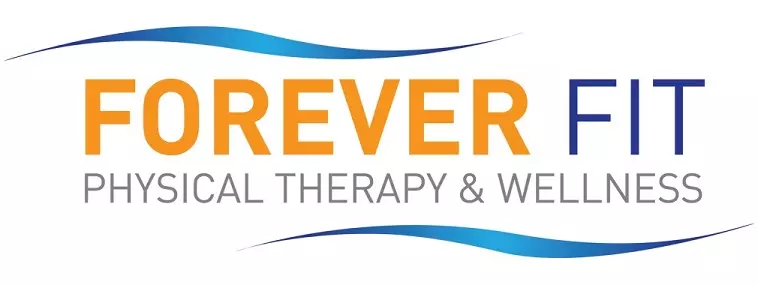Experiencing jaw, ear and neck pain? A dysfunction in the TMJ (temporomandibular joint) could be the cause. TMJ pain typically affects the jaw joint as well as its surrounding muscles. This leads to many people experiencing symptoms in other parts of the head and neck. Tension around the upper neck and jaw are examples of common symptoms. While jaw dysfunction may not be your first thought when considering potential causes for your ear pain, TMJ dysfunction often leads to symptoms in the ear as well.
To address these symptoms, receiving effective and accurate care is important. A physical therapist can apply a range of treatments to target your TMJ dysfunction. By addressing the root cause of TMJ dysfunction, you can experience lasting relief from your ear symptoms. Learning about potential symptoms can make it easier to identify TMJ dysfunction and receive the right kind of care for your condition.
Common ear symptoms from TMJ dysfunction
- Ear pain — One of the most common and easily noticeable symptoms of TMJ dysfunction affecting the ear is ear pain. The intensity and frequency of this pain may vary between patients. Some people may experience bursts of sharp pain while others feel a persistent dull ache. While the pain might be felt localized around the ear, you might feel it radiating from the jaw joint. This kind of pain is sometimes exacerbated by sudden jaw movements. Fortunately, physical therapy can help alleviate this kind of pain. Simple PT techniques can help manage your symptoms as you work toward a long-term solution.
- Ear congestion — Not all the ear symptoms from TMJ dysfunction are necessarily painful. Ear congestion is one example of a symptom that does not necessarily come with pain. When your ear is congested, you may experience sensations of fullness in your ear. This can occur as a result of issues in the jaw. The feeling might be similar to the congestion someone could experience with a cold or an ear infection.
- Tinnitus — Do you hear a ringing in your ears? This is called tinnitus. Tinnitus can manifest as a persistent hissing, ringing or buzzing noise. While tinnitus can be a serious chronic ear condition, it can also be a temporary symptom of conditions like TMJ dysfunction. By addressing your TMJ issues, you may be able to eliminate the ringing in your ears at the same time.
- Hearing problems — TMJ issue-related ear symptoms can include temporary hearing loss. This may be due to congestion or tinnitus incited by TMJ dysfunction. Having your hearing muffled or otherwise altered can make regular conversations and other activities more challenging. To address this issue, remember to tell your physical therapist about your different symptoms. This will enable them to apply treatments designed to address your hearing problems.
- Dizziness — Some people with TMJ experience episodes of dizziness or vertigo. This is because the TMJ is close to the inner ear, which plays an important role in keeping you balanced. When the inner ear is affected by TMJ issues, it can throw off your balance and cause dizzy spells. Receiving treatments that address your TMJ dysfunction can help reduce these episodes. With the help of physical therapy, you can work toward staying balanced.
Ways to treat TMJ dysfunction symptoms in the ear
- Jaw exercises — Want to reduce your TMJ symptoms at the source? Jaw exercises can be helpful. By incorporating gentle jaw exercises into your daily routine, you can help reduce issues in the jaw and ear. Your physical therapist can help you develop an exercise regimen tailored to your condition and needs. These exercises can be a great way to maintain treatment progress between in-person sessions.
- Manual therapy — Hands-on treatment from your physical therapist can help relieve tension in the jaw and neck. Specialized manual techniques are meant to target affected areas with precise pressure. With gentle pressure and controlled motions, manual therapy can help alleviate pain and improve blood flow. For TMJ dysfunction, manual therapy can also help with realigning the jaw to prevent future symptoms.
- Health education — Physical therapy should be a learning experience. By teaching you about TMJ dysfunction triggers and self-care strategies, your physical therapist can help you take control of your own health. After addressing your TMJ dysfunction, you can continue to apply your physical therapy education to other situations. This can help with preventing future complications and with ensuring long-term health.
Forever Fit Physical Therapy & Wellness can help address your TMJ ear symptoms
Ready to address your uncomfortable ear symptoms? The expert team at Forever Fit Physical Therapy & Wellness can help address your needs with personalized care and compassion. Our licensed physical therapists have a deep understanding of how the body’s systems relate to each other. This helps us address the root causes of different symptoms that may seem unrelated.
Contact our team today for more information or to schedule an initial appointment.

